Industrials
Hyosung chairman confirms solid ties with China’s Zhejiang province
[THE INVESTOR] Neither the lingering concerns over THAAD nor Washington’s persistent demands on denuclearizing North Korea could keep the governor of Zhejiang province away from Hyosung, one of South Korea’s 30 largest companies.
On Aug. 25, Hyosung Group Chairman Cho Hyun-joon sat down with Yuan Jiajin for what will go down as the second meeting between a top Zhejiang politician and the Hyosung founding family. The last time was in 2005 when President Xi Jinping -- then party secretary of Zhejiang -- made the trip.
 |
Hyosung Group Chairman Cho Hyun-joon (left) with Zhejiang Gov. Yuan Jiajin |
What’s in Zhejiang?
Zhejiang is one of China’s most prosperous provinces, with a focus on industries such as electromechanics, textiles and chemical industries. In this still-growing, bustling town, Hyosung has made steady and voluminous investments over a period of two decades.
Top government officials from Zhejiang attended the meeting, while from Hyosung’s side, Cho was flanked by chief executives including the heads of the group’s Chinese operations.
“Zhejiang marks Hyosung’s first global footprint,” the chairman said at the meeting. “We believe that we can continue to build on this 20-year relationship to become century-old partners.”
When Xi met Hyosung’s former Chairman Seok-rae -- Hyun-joon’s father -- back in 2005, the two had strategized Zhejiang’s future growth. The senior Cho also participated in a global IR session hosted by Xi.
In this trip to Korea, Yuan expressed his gratitude toward Hyosung for its unwavering support.
“For the past 20 years, Hyosung has made immeasurable contributions in Zhejiang, helping to create jobs and bolster the economy,” Yuan said. “We believe the relationship can continue.”
The start of the partnership dates back to 1999, when Hyosung established a spandex manufacturing factory in Zhejiang.
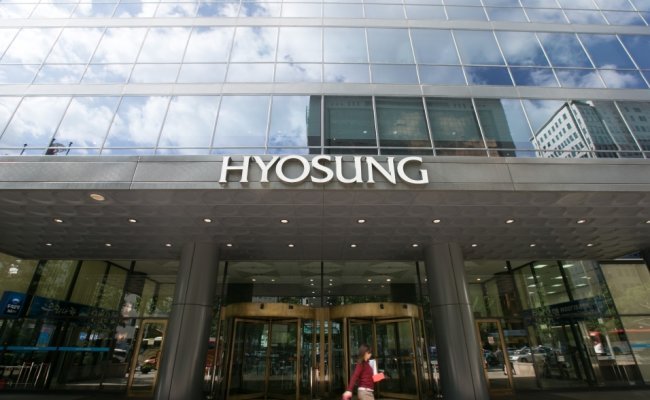 |
Still going strong
At the time, the Hyosung chairman had been focused on going global, beginning with China. Hyosung consequently became the world’s No.1 in spandex as of 2010. The South Korean group currently has factories for tire cords, nylon films and polyester yarn in Zhejiang, and maintains a strong market share in these sectors in China.
Years later in 2015, Cho decided to invest US$900 million in another area of Zhejiang. About a third was invested upfront, while the remainder was used to set up facilities for producing spandex and NF3, a chamber cleaning gas for electronic devices and semiconductors.
For Hyosung to continue on its path of expansion and mutual prosperity, the group chairman stressed the need for support from the Chinese and Zhejiang authorities.
Relations between South Korea and China have been far from good recently, mostly on account of THAAD deployment, but Hyosung remains one of the few managing to maintain strong ties, according to industry watchers.
Hyosung first ventured into China in 1988 when it opened a trade office in Beijing. Now, the group operates 18 corporations in areas like Zhejiang, Zhuhai and Qingdao.
As the world leader in spandex and tire cords, Hyosung’s Chinese sales stood just over US$2.2 billion in 2017. It also created 7,000 jobs during that time.
Regarding CSR, Hyosung is noted for supporting students and collaborations between academia and the corporate sector.
Hyosung was once touted as one of the Fortune 500 companies. In the 90s, by spinning off and selling affiliates and focusing on key industries, the company was able to become the global leader in nylon textiles and tire cords. Its next step was to turn to overseas and build production facilities in countries like the US, China, Vietnam and South America, a move that gave it the legup to become a global powerhouse.
By Lee Ji-yoon (jylee@heraldcorp.com)


![[Exclusive] Korean military set to ban iPhones over 'security' concerns](http://res.heraldm.com/phpwas/restmb_idxmake.php?idx=151&simg=/content/image/2024/04/23/20240423050599_0.jpg)
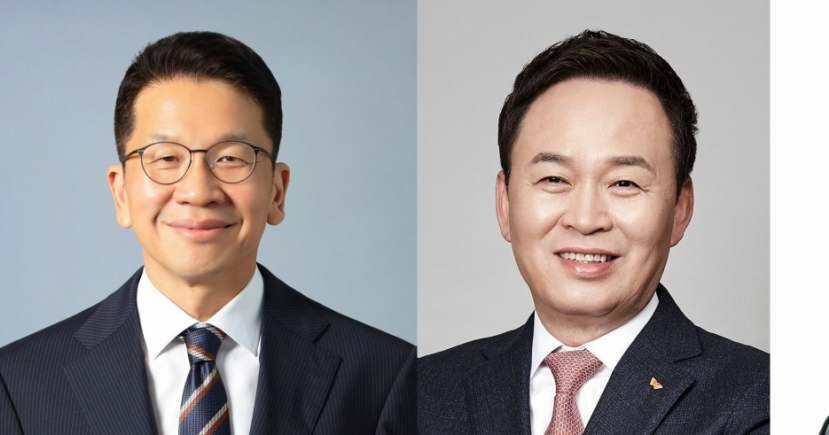
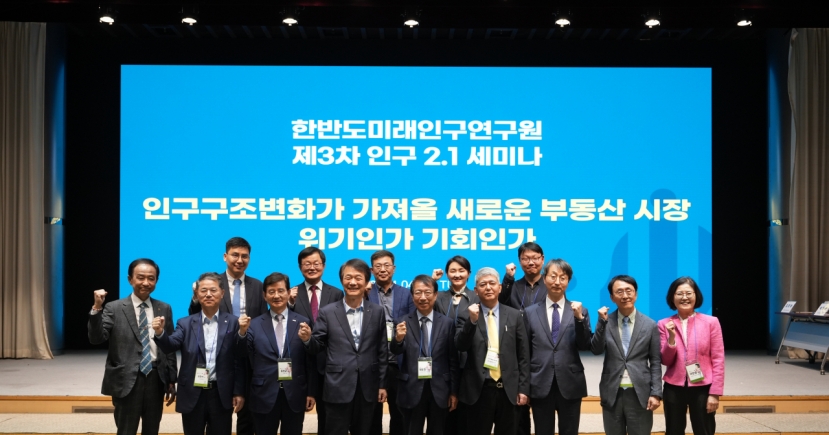
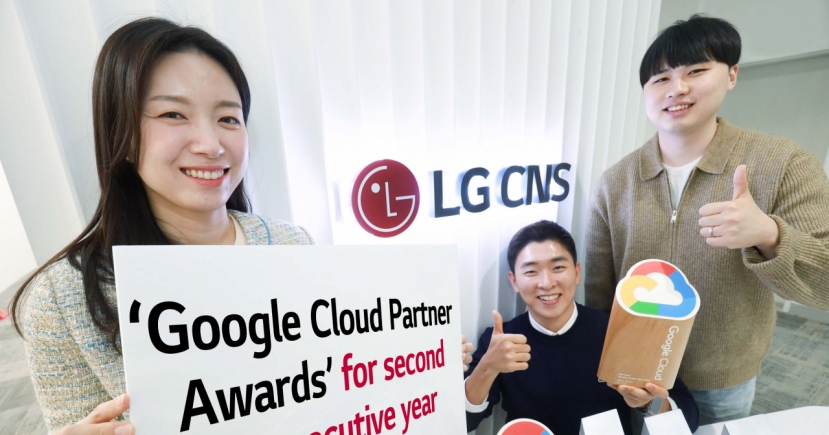
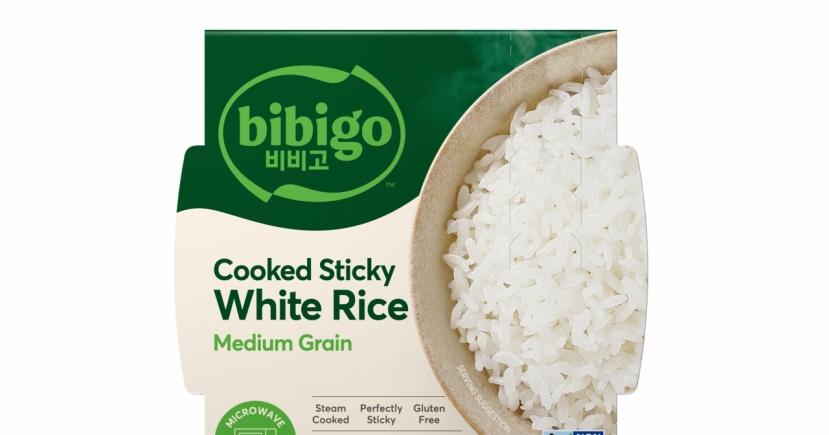
![[Herald Interview] Bridging Korea, Philippines for better future](http://res.heraldm.com/phpwas/restmb_idxmake.php?idx=151&simg=/content/image/2024/04/23/20240423050735_0.jpg)
